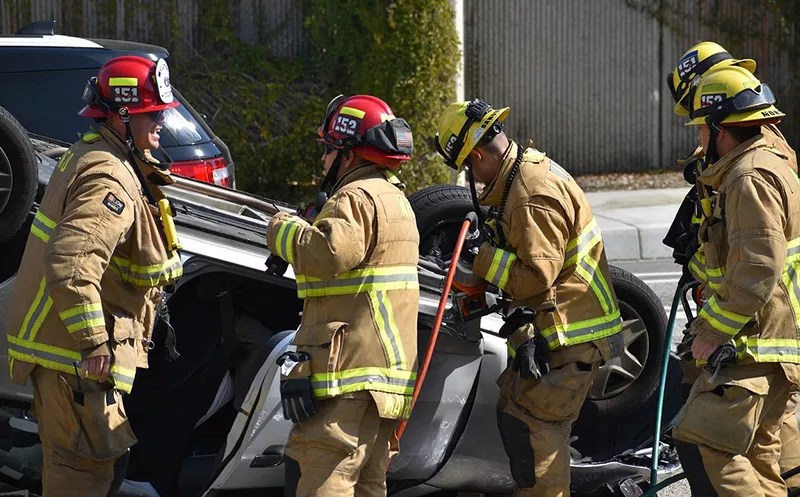When an uninsured driver hits you, the path ahead can feel uncertain. You may face bills without support. You might wonder how to cover medical costs, property damage, or lost wages. This situation tests your planning and resilience. Knowing what to expect helps you act quickly. Here are things that happen when you are hit by a driver without insurance.
1. Out-of-pocket medical bills
You might face out-of-pocket costs. Even with coverage, you could hit your deductible. Medical bills, car repairs, and lost wages can add up fast. You may also struggle to pay for therapy sessions and doctor visits. In these cases, it helps to consult Gould Cooksey Fennell personal injury lawyers for advice. They can review your policy and guide you on options, often spotting benefits you missed. Many offer a free initial consultation, and take fees only if you win. An attorney can negotiate with insurance on your behalf. This support can reduce your financial burden and protect your rights.
2. Filing uninsured motorist claims
When the other driver lacks insurance, you can often turn to your own uninsured motorist (UIM) coverage. Start by notifying your insurer in writing. They will guide you through forms and deadlines. In some states, you must exhaust other options first. For expert help, lean on a personal injury lawyer. They can review policy limits and push for fair payouts. Be sure to document all communications and follow up if you hit delays. Proper filing maximizes your chance at compensation.
3. Higher insurance premiums
Filing claims under your UIM coverage can lead to higher premiums. Insurers track the number of claims you make. Even if the crash was not your fault, your rates may climb. Premium hikes vary by state and insurer. Be sure to ask your agent how a UIM claim affects your policy. You might see a modest increase or a significant jump. Consider shopping around for better rates after your claim closes. In addition, be sure to document your claim status to show any future insurer that you handle claims responsibly.
4. Personal lawsuits against the driver
You can file a lawsuit against the uninsured driver. However, you must first locate them and confirm they have assets. Even a favorable judgment means little if they lack savings or property. Consult a personal injury lawyer before filing suit to assess the driver’s assets and your chances.
Wage garnishment or liens may fail if no income streams exist. A court judgment is public record, but collection can stall indefinitely. You may also spend time and money chasing a judgment. You can consider the vehicle owner’s policy if they share liability.
5. Victim-compensation funds might help
You can explore state victim compensation programs. Many states offer funds for victims of uninsured accidents. These funds may cover medical bills, rehabilitation, or funeral expenses. Eligibility rules vary by state, and to apply you must provide a police report and medical records. Deadlines can be strict, often within months of the accident.
These programs serve as a safety net when insurance fails you. They often pay only a percentage of your losses, but even partial payments can ease your burden. Acting quickly ensures you meet all program requirements.
Endnote
Being hit by an uninsured driver can feel overwhelming. Acting quickly and using your coverage helps. Keep all records and explore every option. Speak with a lawyer to guide you through recovery.



